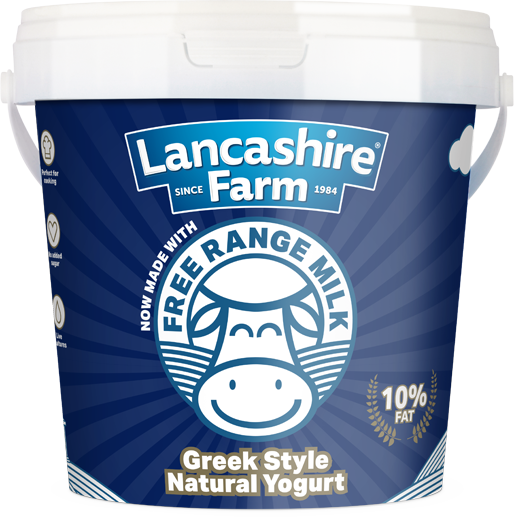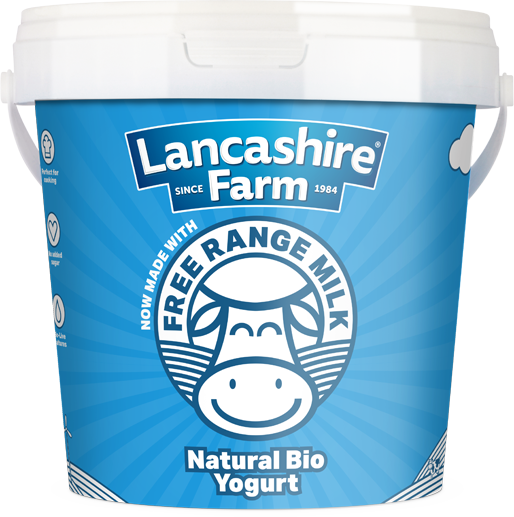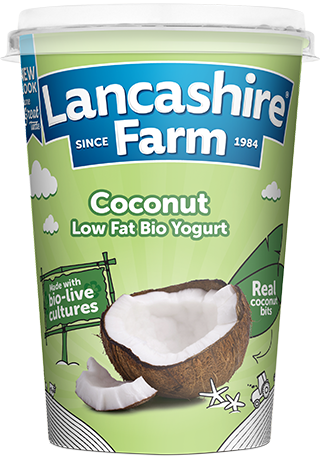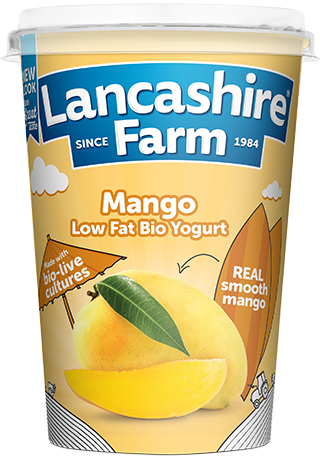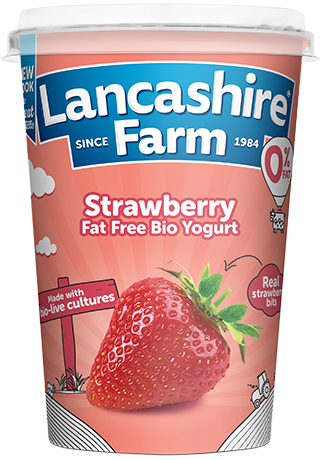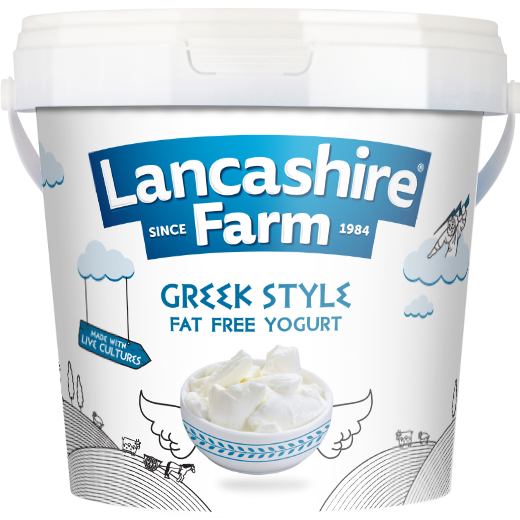Making great quality yogurt isn’t easy, but it is rewarding. Doing it as well as we do takes great skill, brilliant farmers, a lot of patience, and even more hard work. But don’t take our word for it…
Happy cows make great milk
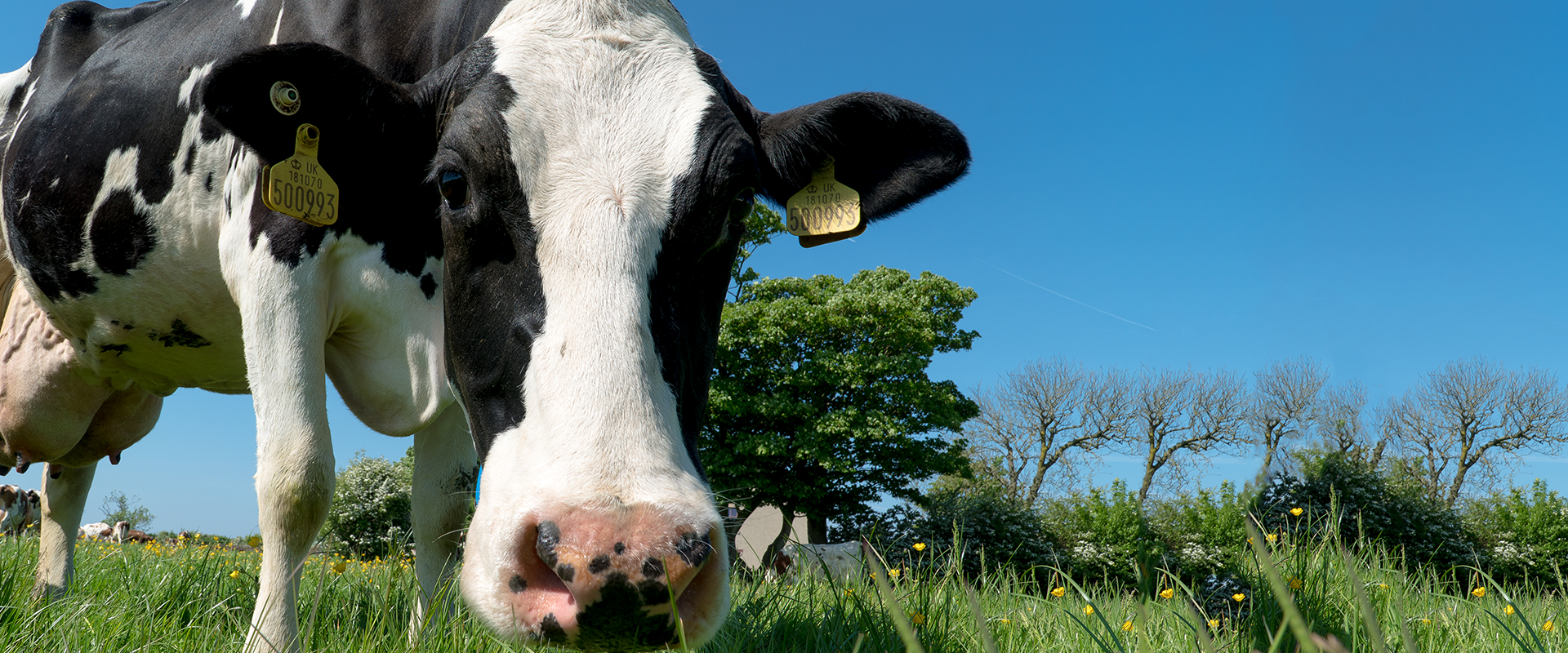
Good moooood
The welfare of the herds is of the utmost importance. The herds on our farms are free to roam the field – although they are kept nice and warm inside when the winter weather sets in.
A healthy, happy cow produces quality milk, and we wouldn't settle for anything less in our yogurts. Close monitoring of the cows and their yield means any potential problem can be spotted immediately and dealt with before it becomes anything serious.
Milking
Cows are milked at least twice a day, in the morning and the evening. The milk is then stored in a refrigerated tank until a tanker arrives to collect and transport it to our dairy.
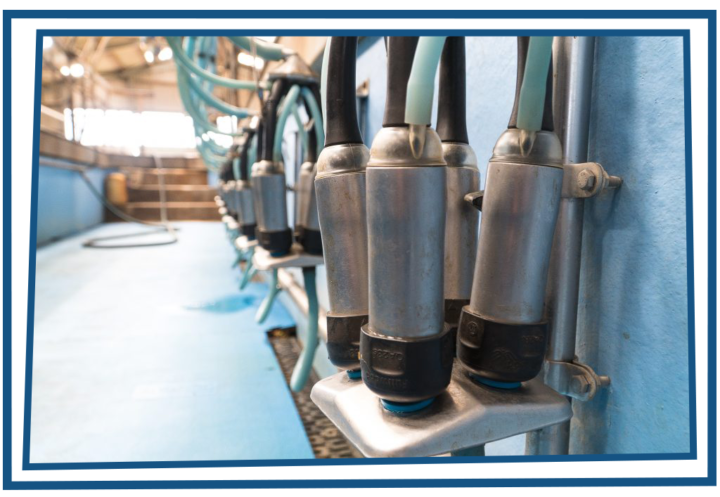
Here comes the science part
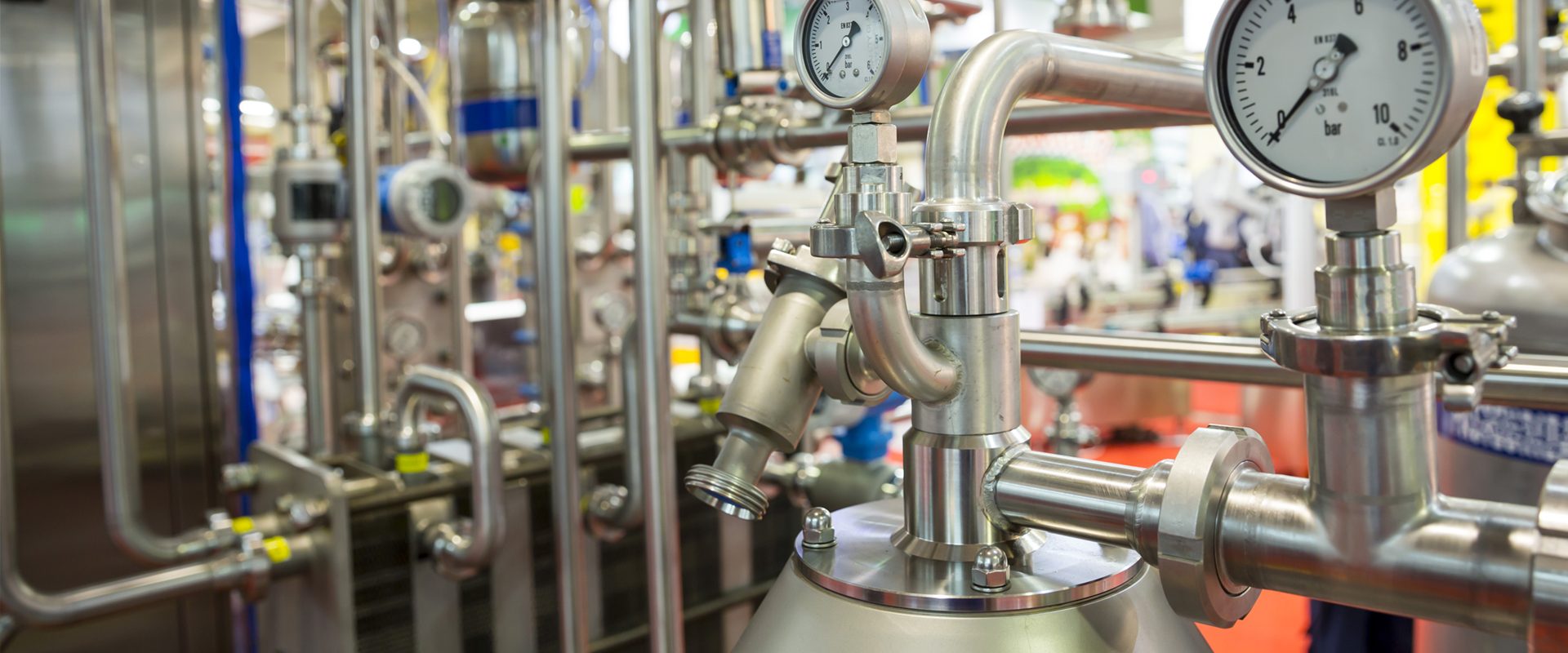
Pasteurising
This is where things can get a little bit heated. To make sure all our tasty yogurt is safe to eat we need to make sure we get rid of any nasty bacteria. We heat the milk up to clean the milk and provide the best environment for the cultures. It’s the cultures we use which give the yogurt that award winning taste!
We pasteurise before the cultures are added to make sure they remain active in the yogurt, which might explain the ‘bio-live’ on the pot. Depending on the product we’re making we use a variety of cultures to achieve the golden standard our customers expect.
The taste test
Since 1984 we have been producing consistent, creamy yogurt, picking up many awards along the way. But making yogurt isn't an easy process, and there are many factors that can alter the consistency and the flavour of the product with no batch being the same. It's taken many years of experience, hard work (and some spilt yogurt) to get where we are today.
Our skilled production and comprehensive testing teams are a vital part of the process. Intense testing is carried out on every batch of yogurt we produce and records are kept for the full duration of the product lifetime.
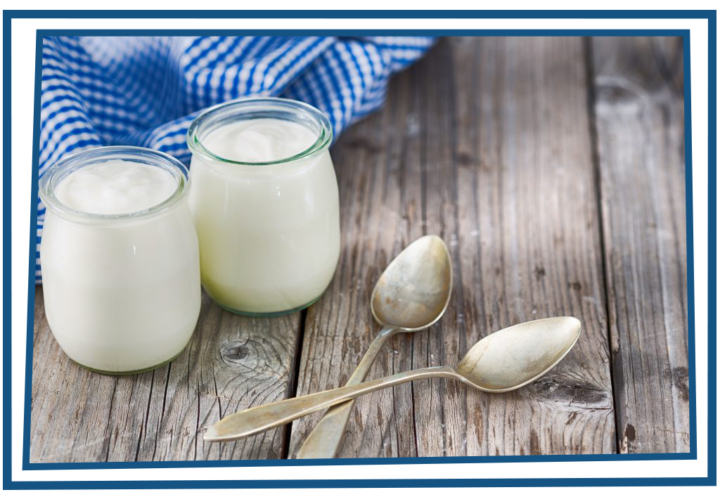
The important bio-cultures
Bio-cultures are live bacteria which when added to our yogurts, give them an irresistible, creamy taste. All the Lancashire Farm range contain the biocultures Bifidobacterium BB12 and Lactobacillus acidophillus.
Bifidobacterium BB12 is a particular strain of the bifidobacterium animalis bacteria and Lactobacillus acidophillus is a species of gram positive bacteria in the genus Lactobacillus.
All of this can get a bit complicated, but to cut a long story short, it's what helps our yogurts taste as yummy as they do.
Off to the shops
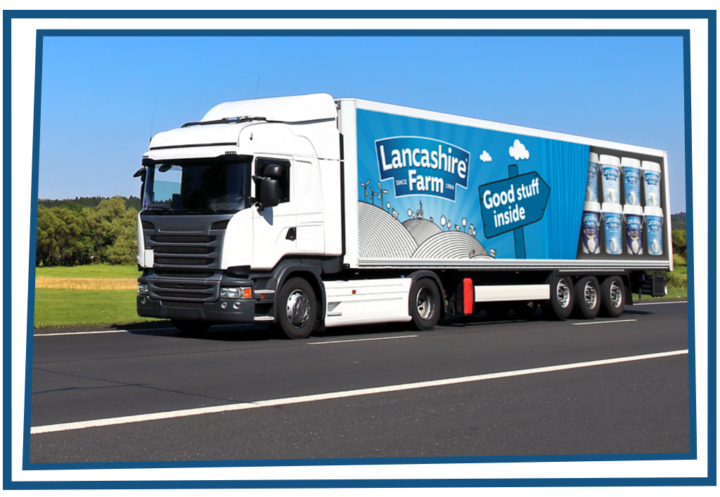
Our fleet
Early on in the Lancashire Farm story, we were delivering locally using our own fleet of vans and vehicles, however as the business quickly grew, we realised we needed something a bit bigger to transport our yogurt! We now boast our own fleet of trucks and trailers, alongside some smaller vans, which ensure our pots of yogurt are delivered on time and in-store, ready to be taken to a new home.

Happy faces
Keeping our valued customers happy is something we take very seriously. A lot of hard work and effort goes into making our yogurts, so listening to a happy customer with positive feedback is something we want to hear every day! All feedback, positive or negative, is taken on board and if necessary passed onto the relevant department. We love hearing new ideas people have for our products and we are constantly looking to develop new and exciting yogurts.

